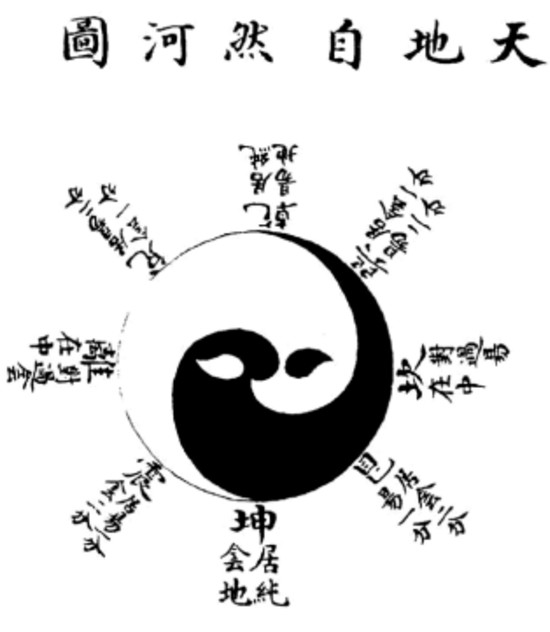Chang’e
on the candlelit mica
screen, a distant shadow;
Heaven's River ebbs
slowly, the morning star sinks low—
Chang’e must regret
stealing the elixir of life:
blue of sea, blue of sky,
her dark heart, night after night
translation © Jack Hayes 2017
based on Li Shangyin: 嫦娥
Cháng'é
Mid-Autumn Moon
insects hidden under
grass, frost atop the leaves;
a vermilion balcony
presses against the bright lake—
the Rabbit chilled, the
Toad cold, the Cassia blossoms white:
this night must be
gut-wrenching for Chang’e
based on Li Shangyin: 月夕
yuè xī
Frost Moon
once expeditionary geese
are heard, cicadas fall silent;
the hundred-foot tower
connects river and sky—
Blue Maiden and White Lady
both can endure cold;
in the moon, within frost,
they compete in beauty
based on Li Shangyin: 霜月
shuāng yuè
Notes:
This set of translations
would be more appropriate for the Mid Autumn Festival, Zhōngqiū Jié, which is
the full moon closest to the Autumn Equinox. But rather wait until next
September, I’m posting them now.
We have no way of knowing
whether Li Shangyin intended these poems as a complementary set or as distinct
& individual compositions. James JY Liu in his seminal work on the poet,
The Poetry of Li Shang-yin: Ninth-Century Baroque Chinese Poet, does place the
poems together & discuss them as a group. Poet David Young also places the
poems together under the title “Three for the Goddess of the Moon” in his Five T'ang Poets. Since Young
is a poet & not a Sinologist, I assume in grouping the poems together he is
following Liu either directly or at second or third hand.
For more information on
the Chang’e myth, see the Wikipedia page. Briefly, Chang’e stole the elixir of
immortality & flew to the moon, where she lives with a rabbit (or hare) who
pounds herbs into the elixir of immortality with a mortar & pestle & a
three-legged toad. There is also a cassia tree on the moon in this myth.
Chang’e is the “White Lady” mentioned in the third poem (素娥, sù é), while the
Blue Maiden (青女, qīng nŭ) is Qing Nu, the Goddess of Frost & Winter.
As is the case with almost
all the Chinese translations, grateful acknowledgment is due to Sheila
Graham-Smith, who did a marvelous job of elucidating the first line of the
first poem.
Image links to it
source on Wiki Commons:
Chang'e flees to the
moon: from Yoshitoshi’s 100 Aspects of the Moon. (1885-1892)
Public domain.


.jpg)






